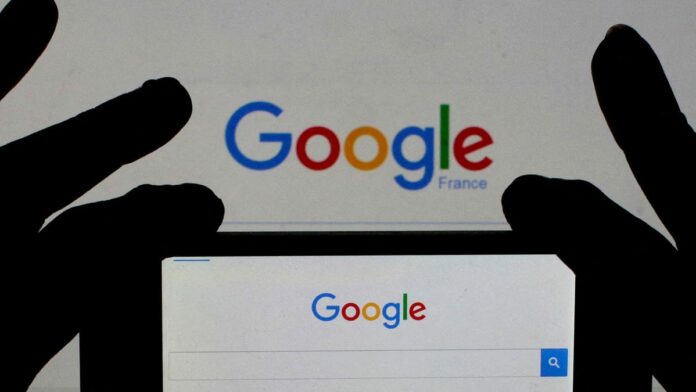Apple’s cut for keeping Google as the Safari browser’s default search engine was kept strictly under wraps—until an expert witness blurted it out in court.
Google gives Apple a 36% share of all search ad revenue from Safari, University of Chicago professor Kevin Murphy let slip while testifying in Google’s defense yesterday (Nov. 13), Bloomberg reported. Google lawyer John Schmidtlein “visibly cringed when Murphy said the number,” the report said.
The search giant is two months into a major antitrust trial—the first in decades after the US government took Microsoft to court in 1998. Google’s “exclusive dealing arrangements” with the likes of Apple and Samsung, as well as its habit of preloading its services on Android devices, are under scrutiny. A judgment isn’t expected until next year.
Everyone who takes the stand in the courtroom is treading a fine line between being transparent and protecting trade secrets. However, activists have decried such moves as attempts to dodge accountability.
“The public has a very real stake in this case, and neither Google nor the Court should be allowed to shroud it in secrecy,” according to Katherine Van Dyck, senior counsel at the American Economic Liberties Project.
Google tries to protect trade secrets
Since the landmark trial started on Sept. 13, Google has tried to keep confidential data from spilling out. Barring a phone line used for opening remarks, the proceedings must be witnessed in person.
By day two of the trial, the business case to dodge sharing numbers was being made. Apple attorney Ryan Travers protested against two numbers the Justice Department mentioned in its opening statement, for creating a “misperception” that they came from the company’s confidential files. Google counsel Schmidtlein echoed that argument. Justice Department attorney Kenneth Dintzer then clarified that the figures were based on external sources, not from Apple or Google’s proprietary information.
Google also tried (somewhat unsuccessfully) to stop the Justice Department’s decision to release documents online, settling for reviewing and signing off on them.
Quotable: Media calls for transparency
“Sealing the courtroom is an extraordinary step in any case. In this litigation, perhaps the most important antitrust trial in decades, the stakes are especially high. Excluding the public from the courtroom not only impedes its ability to understand how this consequential case is being litigated—it also undermines the public’s faith in its justice system.”
—the New York Times motion to open up the Google antitrust case to the public, as reported by The Verge. The motion is supported by Bloomberg, the Wall Street Journal, the New York Post, MLex, and Law360
From the courtroom, for the public
In the absence of live streaming, a handful of legal and antitrust geeks have been trying to attend most public portions of the trial, even pushing off day jobs or moving closer to the Washington, DC, courthouse, Wired reported in September. They’re documenting their observations on social media platforms like X, Threads, and Bluesky, as well as in daily newsletters.
Matthew Stoller, an antitrust expert who runs the BIG newsletter about “the history and politics of monopoly power,” which has more than 102,000 subscribers, even hired a fresh law school graduate to track the case.
Luther Lowe, senior vice president of public policy at Google rival Yelp, has turned his weekly note on Google antitrust news into a daily one for the course of the trial. But not everyone, including Lowe, has the bandwidth to sit in court for weeks on end. So instead, he’s relying on the pricy endeavour of scouring instant transcripts that cost $1.20 a page. Given that transcripts run to more than 300 pages a day, Lowe will have to shell out “tens of thousands of dollars” to get information in “real time,” he says.
One big number: Default search cost
$26.3 billion: How much Google spent in 2021 to be the default search engine on mobile and web browsers. The bulk of it—around $19 billion—went to Apple, according to an estimate by Bernstein analyst Toni Sacconaghi.


